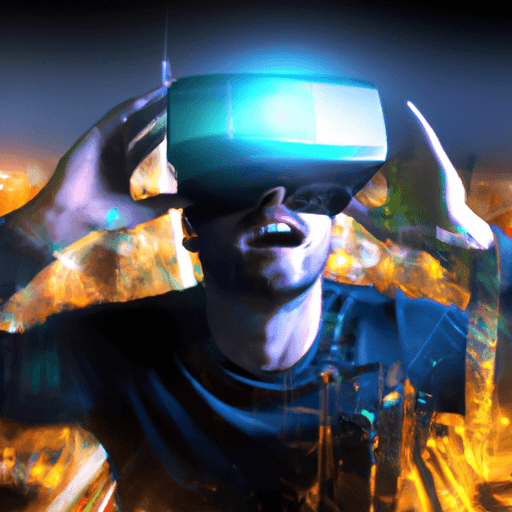The Impact of Virtual Reality on the Future of Entertainment
Virtual Reality technology, commonly referred to as VR, is not a new concept. But it is only within the last few decades that we've observed rapid technological advancements culminating in a convergence of the digital and physical world. As one of the most innovative digital developments, VR is expected have a far-reaching impact on all sectors, including the entertainment industry.
Current State of Virtual Reality in the Entertainment Industry
VR has already started to reshape the traditional forms of entertainment. From VR gaming and movies to immersive sports experiences, the possibilities seem infinite. Interactive video games and 360-degree movies engage audiences on an unprecedented level, enabling them to participate directly, thereby resulting in a more engaging, personalized experience.
Usage and Benefits of VR
VR allows users to feel as if they are in the middle of action. For instance, in movies, viewers can switch perspectives, observe from any angle, and even participate in some cases. Similarly, VR gaming surpasses conventional gaming experiences by inserting players into a simulated 3D environment. In addition, companies, such as LiveLike, are enhancing sports viewing by offering VR experiences to viewers at home.
The potential benefits of such immersion can translate to intensifying emotional connections, resulting in higher viewer engagement and retention. It also presents additional revenue streams for industries, such as subscription models for exclusive VR content or sponsorship opportunities within the VR environment.
Potential Drawbacks
With its numerous advantages, VR also brings several challenges. High costs of VR equipment, possible health risks, and the need for high-quality and extensive content production, all pose significant obstacles for widespread adoption. There are concerns over the potential detachment from reality and its psychological effects on users as well.
The Future of VR in Entertainment
Notwithstanding the challenges, the future of VR in entertainment is promising. With global investments in VR tech expected to hit $17.8 billion by 2023, experts predict that VR will become a staple in home entertainment, gaming, sports, live events, and even social media. However, for VR to become fully integrated into mainstream entertainment, the technology must overcome its current limitations, including cost and content production.
Redefining the Overall Experience
Ultimately, the transformative potential of VR lies in its ability to redefine our overall entertainment experience, enabling us to interact with content in unprecedented ways. As Oculus CTO John Carmack puts it, In the virtual world, you can be the architect of your own universe. The paradigm shift towards user-driven entertainment, facilitated by VR, invites us to both question and rethink the very concept of entertainment in the future.
In conclusion, the impact of VR on the future of entertainment is undeniably immense. With potential to transform the landscape of entertainment forever, VR presents opportunities and challenges worth serious exploration and discussion. As with any technological revolution, the path forward may be uncertain, but it is certainly one packed with exciting potential.



















Comments
Leave a Comment